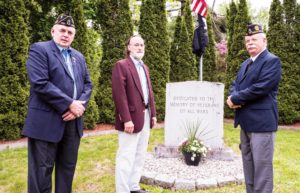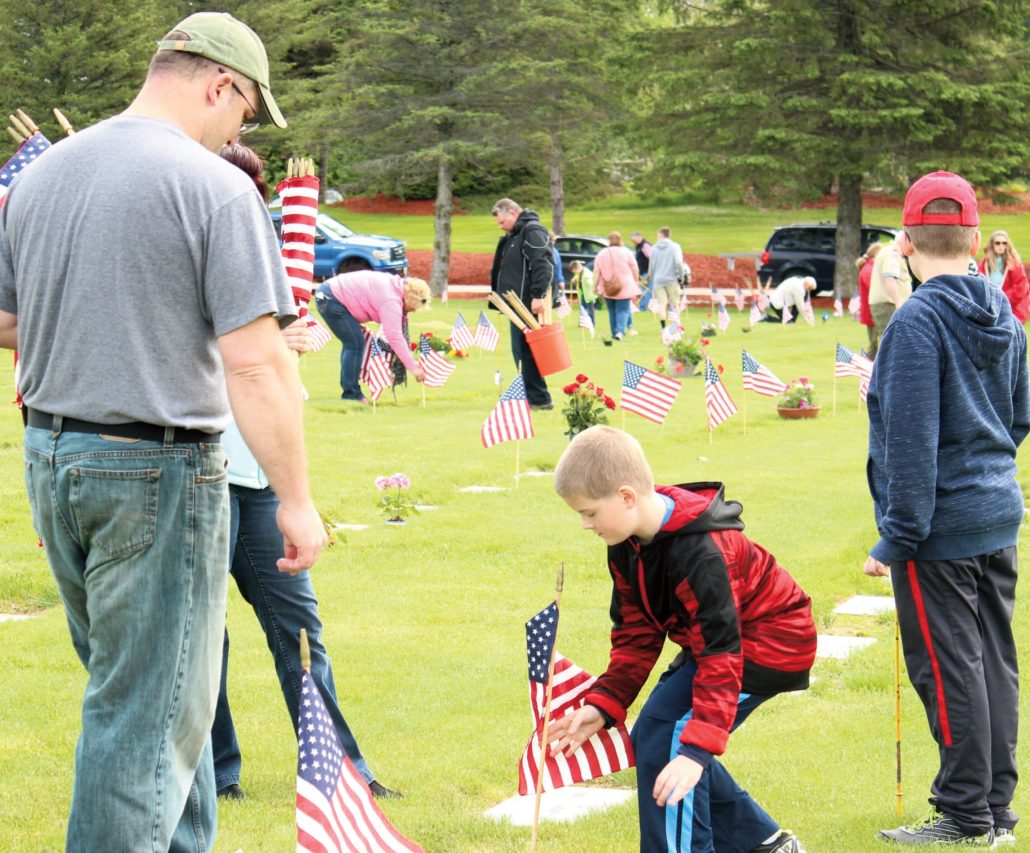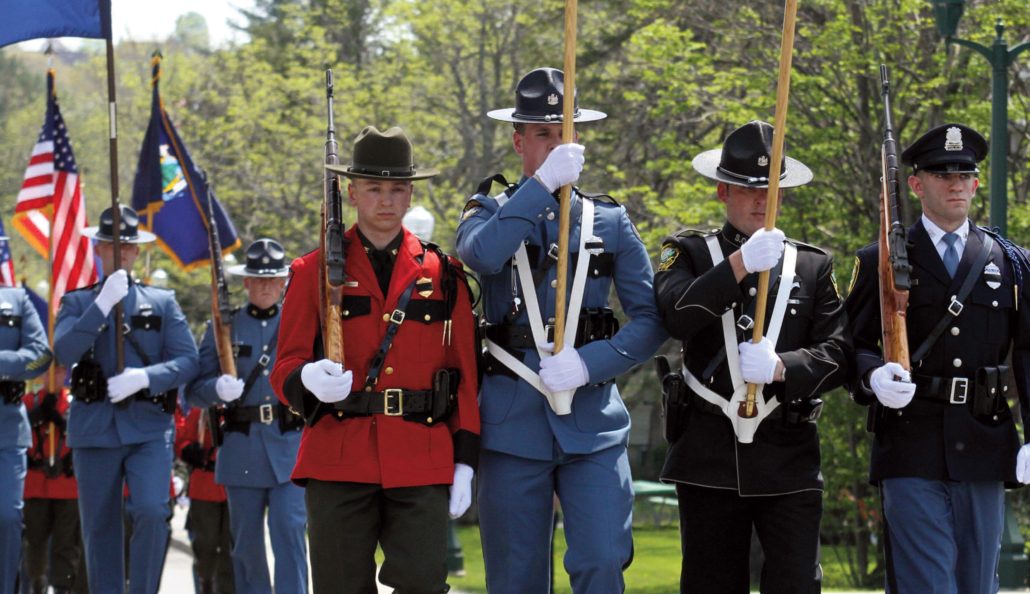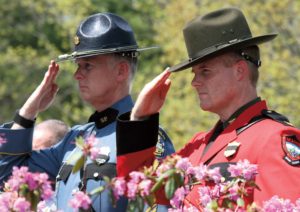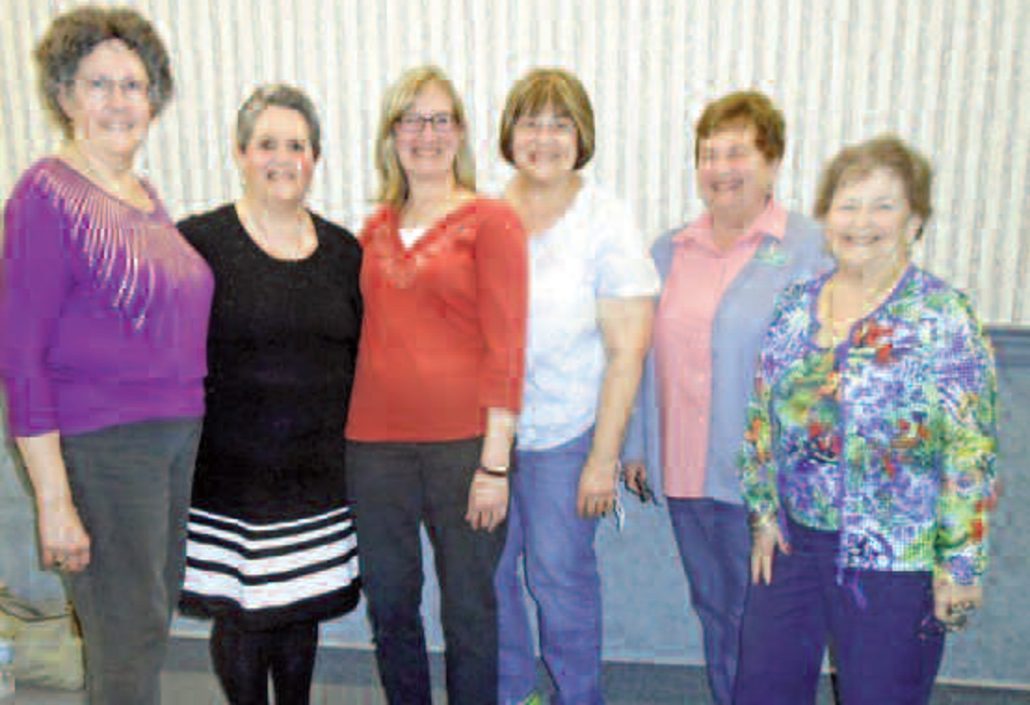In 1952 there were at least 76 grocery stores in Augusta (Mannings). In addition, there were meat markets, fruit and vegetable stores, confectioneries, bakeries, fish stores and several drug stores. Most if not all were independently owned. Sand Hill, Augusta’s Franco-American neighborhood, had a larger concentration of neighborhood grocery stores – Magasins. Depending on the source, from 18 to 27 stores operated on Sand Hill at various times.
This 48-minute documentary explores the history of small, family-owned grocery stores located on Sand Hill in the early to late 20th century. Several former Sand Hill individuals whose families owned and operated neighborhood stores were interviewed to capture a representative sense of life on The Hill. The documentary uses historical photographs from the Kennebec Historical Society’s digital archive collection, as well as photos provided by the families themselves and St. Michael’s Parish. While the documentary focuses on Sand Hill, the broader story applies to the city as a whole, describing a close-knit community made up of shopkeepers in a time before big-box stores, malls and too many cars.
Speaker, Norm Rodrigue, was born in Augusta in 1949 and raised on Sand Hill, came from a family of seven children. His father and grandfather were classic Franco-American mill workers who worked at the Bates/Edwards Mill. He attended St. Augustine School and graduated from Cony High School. He earned a BA in English and a masters in public administration from the University of Maine at Orono and an MBA from Thomas College.
After a career in business, Norm retired and pursued his longstanding interest is still photography. His photos have been exhibited locally and have won several awards and his photo cards are sold at various local businesses. Recently, Norm took up videography and is using it to explore local history, another longstanding interest. Norm has produced two other videos including: Streams in the Seasons, a video depicting the sights and sounds of streams on Kennebec Land Trust properties spanning an entire year; and A Simpler Time, a video about three contemporary downtown Augusta tradesmen, showcasing early 20th century trades, including a milliner, cobbler and vintage audio/stereo repairman.
The Kennebec Historical Society March Presentation is free to the public (donations gladly accepted) and will take place on Wednesday, March 15, at 6:30 p.m., at Le Club Calumet, located at 334 West River Road in Augusta.

